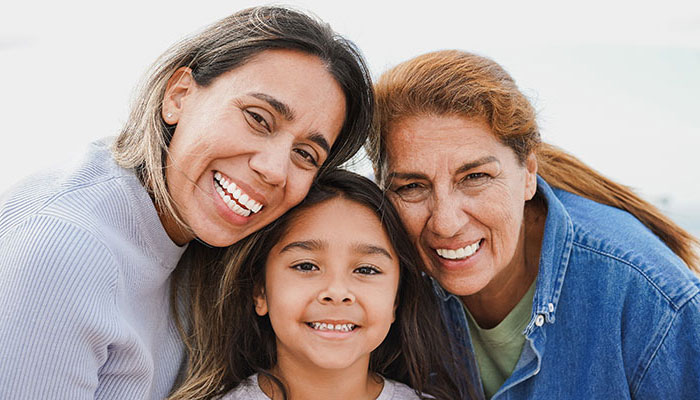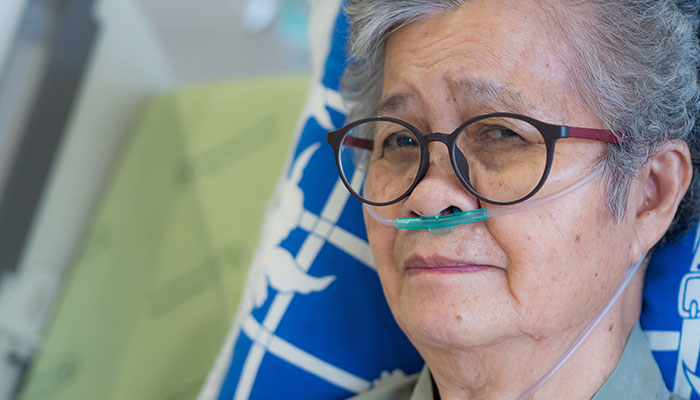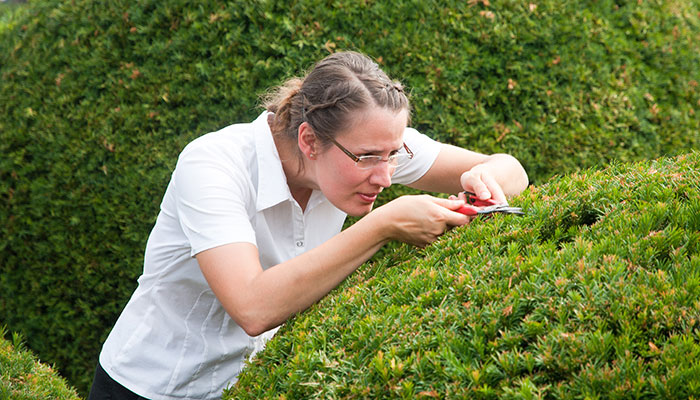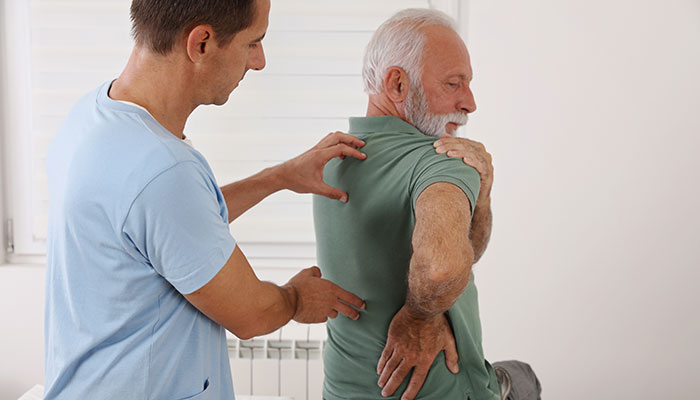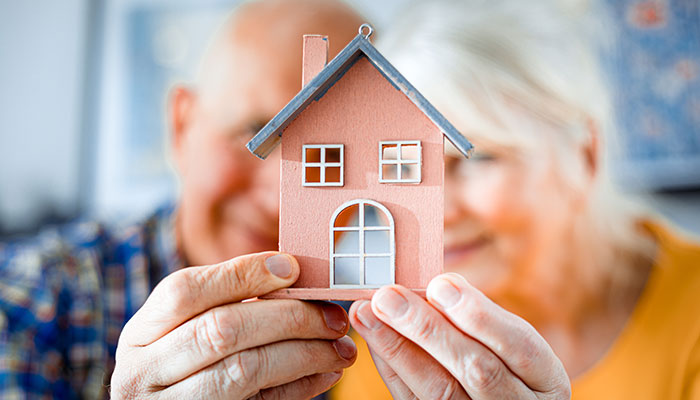
As a family caregiver, it’s easy to put your own needs last. You may feel it is a virtue, but actually, you are putting yourself and your loved one at risk. You simply have to take breaks and to safeguard your own well-being. Caregivers who don’t experience significant mental and physical health consequences.



